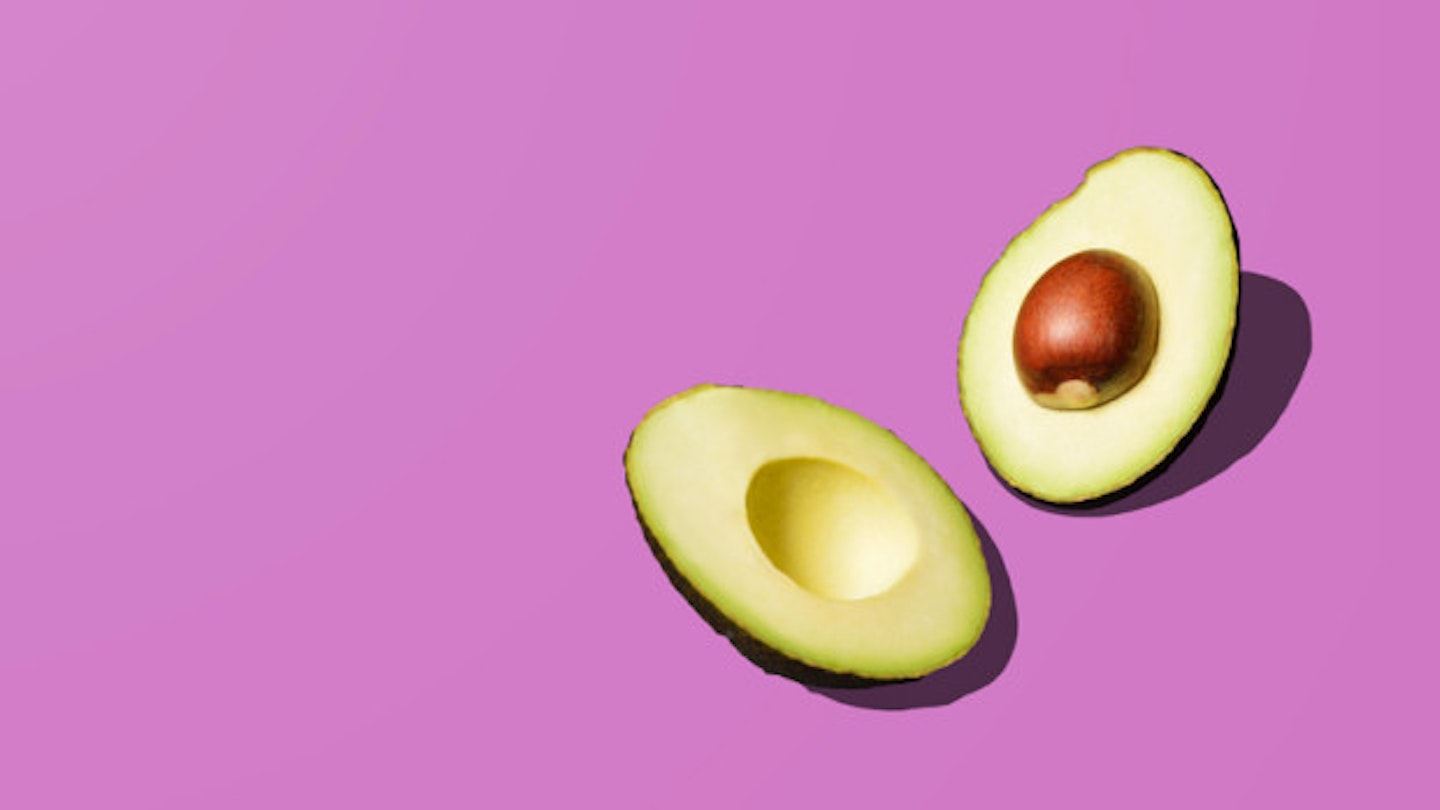SO SORRY GUYS.
I know you've already had like, seven avocados and thirty bags of almonds to help raise the levels of 'good' fat in your body but just slow down one teeny tiny minute there; turns out good-cholesterol food might not be as good for us as we've spent the last fish, oil, avocado and nut consuming months thinking.
See (and this is the science bit) good cholesterol manifests itself as 'high density lipoprotein' in your blood (try and remember that at the pub later when you've had a few drinks). Bad cholesterol, like the sort you get from pizza, creates 'low density lipoprotein' which is the stuff that scientists attribute to heart disease and heart attacks. Forever and ever we've spent time thinking that more high density lipoprotein means less chance of heart attacks but now, a new study says this might not be the case.
The Cambridge University study looked at people with a genetic mutation which meant they had a naturally high occuring level of high density lipoprotein in their blood. This apparently affects one in 1,700 people. But, while the simple thinking should follow that these people are at lower risk of heart disease, actually, the opposite is true.
See actually, these people had an 80% increased chance of getting heart disease, which goes completely against conventional thought. Professor Adam Butterworth, one of the researchers from the study told the BBC, 'This is one of the first studies to show that some people that have high levels of "good" cholesterol actually have a higher risk of heart disease so it challenges our conventional wisdom about whether "good" cholesterol is protecting people from heart disease or not.'
So, while it's probably not quite time to set your £10 jar of coconut oil on fire or climb to the top of The Shard to throw your chia seed collection off whilst screaming 'IT WAS ALL A LIE' perhaps it's worth keeping an eye out for follow up studies that back this one up in the future.
Like this? Then you might also be interested in:
**
Follow Jess on Twitter @Jess_Commons
This article originally appeared on The Debrief.
